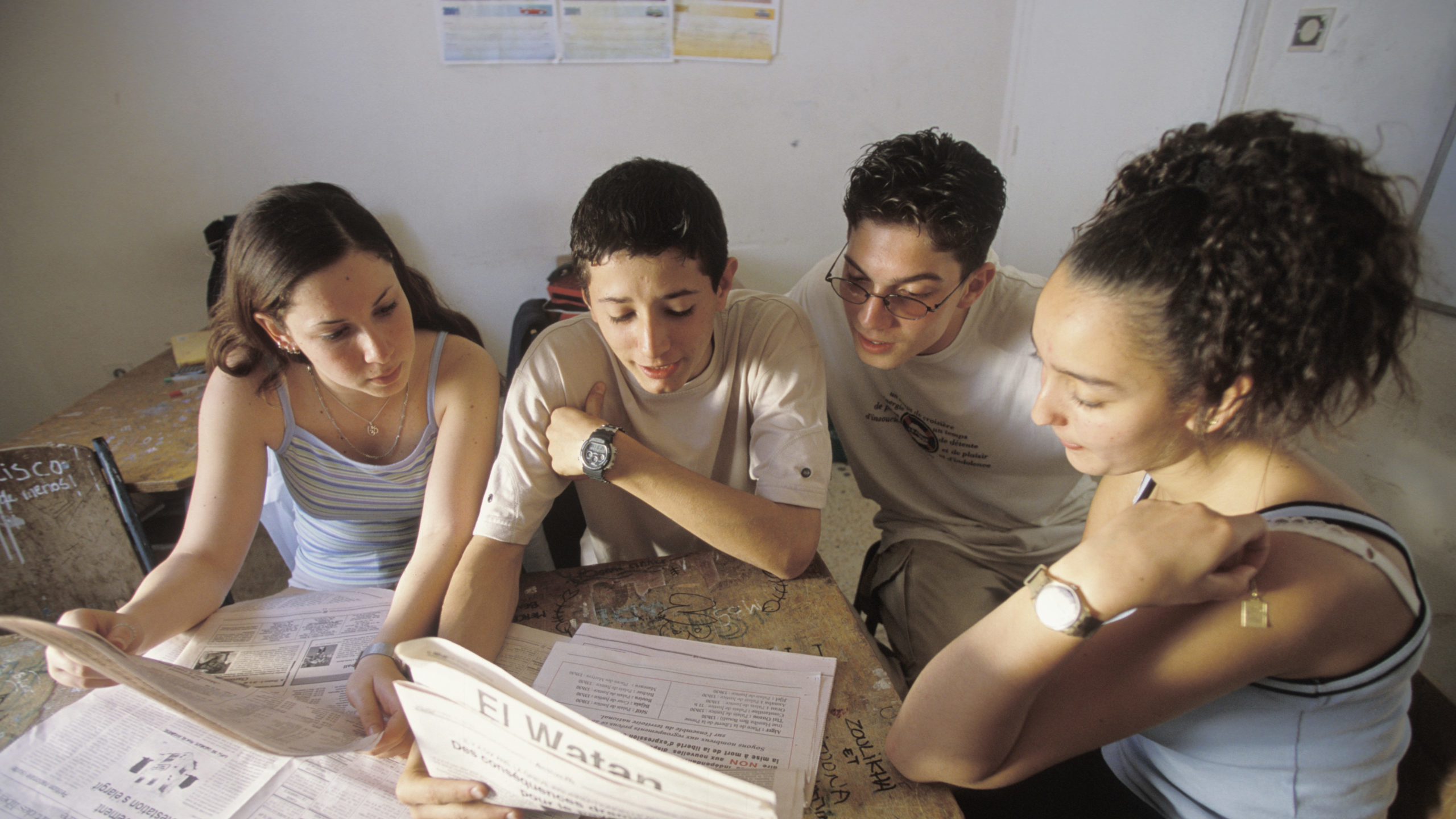resource
In this article, the authors contribute to the growing and diverse literature on the lived experiences of children and their agency in the context of migration. Drawing on in-depth interviews with children whose migrant parents have left them behind, as well as with those who care for them in Vietnam, we demonstrate that the various ways in which they affect migration decision-making and transnational communication shape the children’s imaginations of migration. The context-specific social construction of childhood, or more specifically adult perceptions of children’s agency and needs, in turn structures these processes.
The authors emphasise the need for debates on children’s agency to take into account both broader socio-economic processes at the macro level and the concrete and local scale at which children’s lives unfold. By outlining how children’s experiences of parental migration are constitutive of their attitudes toward this livelihood strategy, they also argue that the ability of those ‘leftbehind’ to exercise agency is closely intertwined with processes of social becoming and navigation in the transnational social fields constructed for them by adults.






